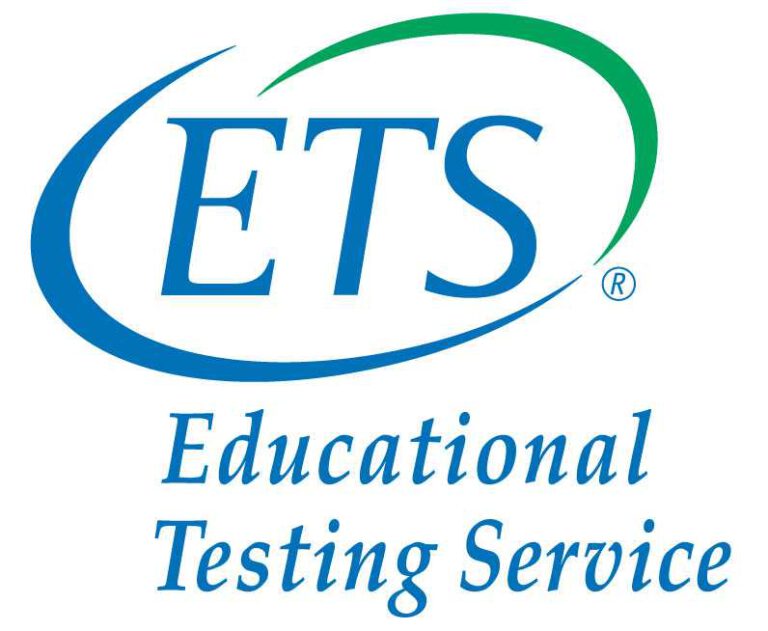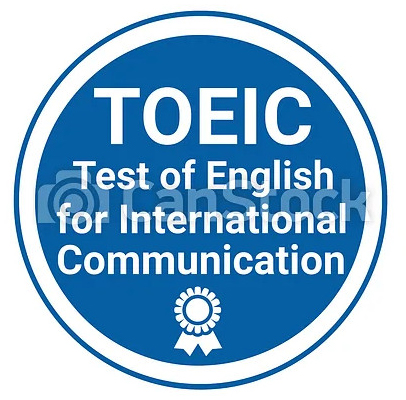Studying accounting remains a popular choice for international students. Find out if pursuing accounting academically and as a possible career would suit you.

With a degree in accounting often making the final list of potential options for international students you’re probably wondering if it’s the right path for you. There are a few factors to consider including whether your interests, abilities and personal traits are a good fit for a career in the field. There is much more to accounting than balancing the books. While having a good acumen for numbers is critical, there are also a number of other essential elements involved. We take a look at some of the skills and traits you’ll need to have if you want to become an accountant.
Mathematical and financial ability
If you’re thinking of taking up a career as an accountant not only do you have to like maths, you need to have a natural affiliation for numbers. You’ll need to be able to work with and understand complex numerical data, interpret it and produce a coherent and accurate report of such data. This means you’ll also have to understand the operation of companies, business and finance.
Discover universities where you can study accounting.
Getting a handle on the procedures, practices and conventions used in finance and accounting are going to be key for your success. A good understanding of the field or industry that you may be working in be that banking or construction, is critical.
Each may have a very particular way of doing business that you will need to master. With accounting having moved with the times, being able to use accounting and financial software programmes to a high level will also be part of your everyday life.
It’s all about bringing an analytical and methodical approach to information, advising companies and working out solutions to what can be complex problems, such as taxation. Some of the tasks you could find yourself doing as an accountant include:
- Auditing financial reports
- Analysing financial records
- Examining budgets
- Managing and organising financial information
- Analysing business performance
- Designing financial processes
- Auditing and analysing taxation
Don’t forget to take a look at some of the top universities in the world where you can study accounting.
Business and commercial awareness
As an accountant, it is crucial that you understand how business operates and the commercial imperatives thereof. While this does differ between industries or companies, there are a core set of standard variables and procedures you’ll be able to apply. What you will also have to have a handle on financial regulations and laws that are in place in order to effectively analyse information and make recommendations to companies.
Being commercially aware is not only about the procedures, laws and regulations. It’s also about understanding the role of a particular business within wider society and how it influences or is affected by economics and politics. Keeping up to date with industry and societal developments, developing new knowledge and anticipating changes are all critical in how you approach your work.
Don’t worry too much if you’re unsure of your strengths and weaknesses as they relate to a study path, take a look at our guide on how to map your career and study path. Take some time to explore the top institutions in the UK and Australia for studying accounting:
- University of Strathclyde (UK)
- University of Leeds (UK)
- University of Bath (UK)
- University of Warwick (UK)
- University of New South Wales (Australia)
- University of Sydney (Australia)
- Unversity of Adelaide (Australia)
Organised and detail-oriented
As an accountant having an eye for detail is a plus. It’s important that even the smallest detail does not escape your attention as this can mean the difference between successfully completing a job or task and not.
You must understand how the smaller details link to the bigger picture as well. Your role is to try and head off the possibility of any problems or challenges developing, so noticing anything that awry definitely helps. Vigilance Is key.
A critical trait for any accountant is being organised. Maintaining meticulous order and records is essential for the successful execution of the role. You need to know exactly where documents and information are at all times.
Being able to quickly access data makes work a lot easier and improves efficiency, especially for reporting. This inspires confidence in both clients and co-workers. Part of your organisational portfolio should also be dedicated to time management, meaning work is delivered when it needs to be and you have time to work effectively.
Interested in exploring more about what skills employers look for in graduates?
Collaborative and innovative
No accountant is an island, that is to say, that everyone benefits from working with others and drawing on other’s strengths. For many projects, you’ll have to work collaboratively in order to achieve the results that you need, so being able to interact with colleagues and clients is very important. You need to be able to share your ideas, but also be open to new ways of working and other perspectives.
Although you may picture life as an accountant as one of staring at numbers and spreadsheets, there is a need to interact with others on a regular basis. Understanding a client’s needs, the scope of a project and the development of solutions requires successful collaboration and open conversation.
You will also need to have a creative and innovative streak in you. Although there are clear procedures and rules when it comes to accounting, working out new approaches and methods is part of producing great results. Doing things in the same predictable way will work, but it won’t get you to the level where you’re producing exceptional results. Be flexible, open-minded and don’t be afraid to use your imagination.
Remember that you can also chat to a university careers and advising service for extra guidance on a possible study and career path.
Communicative, committed and reliable
Being a good communicator as an accountant is paramount. This is especially true of being able to communicate sometimes complex processes or industry standards to clients who may not be familiar with them. Meeting and speaking to people where they are at can go a long way in making them feel comfortable and engaged, as well as avoid confusion.
You’re going to need to be good at various forms of communication, from face to face meetings to email. You’ll be expected to interact with colleagues and clients via a number of mediums and being able to express yourself professionally is very important. Having a handle on your interpersonal skills and developing them as best as you can will always stand you in good stead.
As with many professions, there is also an expectation that you’ll display the requisite commitment to your work. This commitment extends to servicing the needs of clients, producing a high standard of work and keeping up to date with relevant industry developments. You’ll also need to be resilient. You will be working some long hours, balancing competing priorities, operating under pressure and never letting your attention wane.
Being an accountant means that people will be relying on you for advice, information and results. You need to be able to show that you are both reliable and trustworthy. You’re often dealing with classified, sensitive or confidential information and remaining discreet is paramount. Clients and your co-workers need to know that they can depend on you to take on and deliver tasks, with a willingness to shoulder responsibility.
Armed with a much better idea of what being an accountant is like you’ll be much better placed to decide on your study path. You can also take a look at our guide to studying accounting and finance, how to put together the perfect scholarship application and an exploration of professional degrees. Don’t forget that you can also talk to an educational counsellor who will help you explore your potential study journey.











